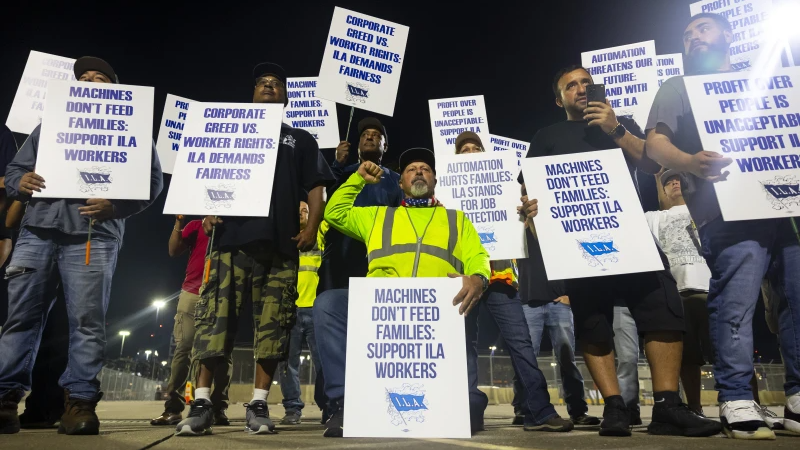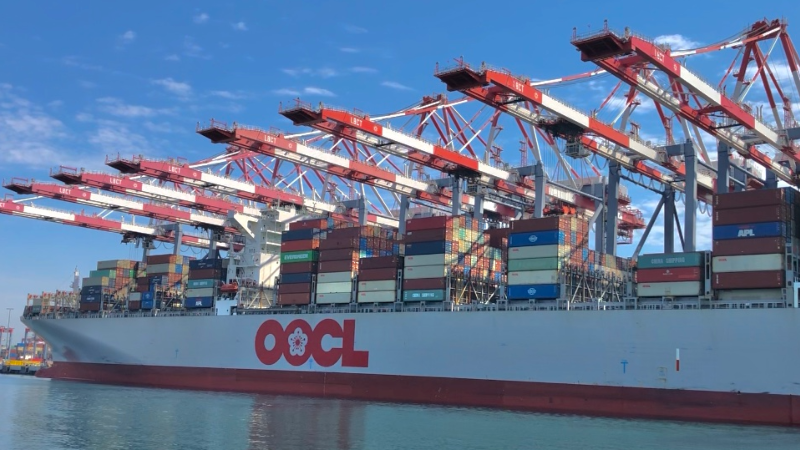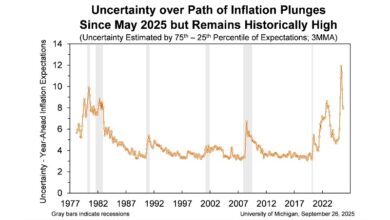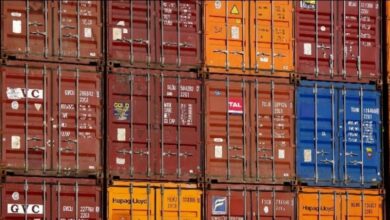MIC: Powersports supply chains at risk in dockworker strike
The Motorcycle Industry Council (MIC) says that supply chains for the powersports industry are now in danger. According to the Associated Press, “From Maine to Texas, dockworkers at 36 ports across the eastern U.S. are now on strike for the first time in decades. And the work stoppage could (lead to) shortages and higher prices if it stretches on for more than a few weeks.

“The MIC Government Relations Office continues to work with a coalition of more than 270 other trade associations across the country to urge President Biden to bring the parties together to end this strike,” says Scott Schloegel, senior vice president of the GRO. “A prolonged strike will significantly disrupt the nation’s supply chain – including our powersports manufacturers, aftermarket, and dealers – resulting in higher costs to consumers and possible disruptions in manufacturing.”
In addition to demands for higher pay, nearly 50,000 members of the International Longshoremen’s Association want to stop ports from adopting the automation found at operations in the West and around the world.
In September, the MIC, the ROHVA, and the SVIA signed on to a letter from more than 175 trade organizations to President Biden stating that a “strike at this point in time would have a devastating impact on the economy, especially as inflation is on the downward trend,” and that “the administration needs to be ready to step in if a strike or other action occurs that leads to a coastwide shutdown or disruption.”
The United States Maritime Alliance issued a statement in “strong agreement.” And the U.S. House Committee on Transportation and Infrastructure sent its own letter, signed by 69 Representatives, to President Biden urging “the administration to utilize every authority at its disposal to ensure the continuing flow of goods and avoid undue harm to American consumers and the nation’s economy.

According to Transport Topics, President Joe Biden has made no move to send the union back to work and resume negotiations so far despite growing pressure from business groups urging him to act quickly.
“Just one day of paused operations will have devastating consequences on the economy, and hardworking American families will feel the impact of higher prices, empty shelves and lost economic output,” U.S. House Speaker Mike Johnson told Bloomberg on Oct.1.
The effect on the economy is expected to be more “slow rolling” rather than a sudden shock. Cargo ships must find alternative routes or drop anchor and wait it out. According to reports, higher freight fees and reduced shipping capacity may affect the holiday shopping season and significantly hit the GDP.
“The strike will disrupt production and lead to loss of income for affected workers, with spillovers down the supply chain,” according to Bloomberg Economics’ Anna Wong and Nicole Gorton-Caratelli. “We estimate a hit to GDP of as much as $3 billion per day from forgone spending and production. A weeklong strike could knock 0.3 percentage point off annualized GDP.”
About 45,000 dockworkers have gone on strike for the first time in decades at 36 U.S. ports from Maine to Texas and may have the upper hand with port operators over wages and automation.
Powersports OEMs are monitoring the situation with the strike. They likely will not be affected since inventory levels are already higher than demand. However, some of the Tier 2 manufacturers could be affected by high freight rates.
Sources: AP, Transport Topics, Bloomberg, MIC Ride Report, Ridapart








